Sandra Mathison, The Globe and Mail, October 19, 2016– Education Minister Mike Bernier fired the Vancouver School Board on Monday morning, a shocking move illustrating how very differently the public and the politicians see the role of school boards. On the one hand the public sees school boards as advocates for their community and their schools. On the other hand the government sees school boards as technocrats appropriately constrained by the B.C. School Act to manage school districts.
Citizens go to the polls in an election year and vote for school trustees who will manage the school district, but voters also expect advocacy for the district, schools and children. The public does not see itself as simply electing bureaucrats; they elect champions. Greater parental involvement in schools was established in the 1970s and 80s with the creation of parent advisory committees giving members of the public every reason to believe their voices matter. With control vested in the politicians and educational bureaucracy of the moment, school trustee advocacy for well-funded, appropriate education is framed in relation to the current provincial party (the B.C. Liberals) and educational leadership (Minister of Education Bernier).
As shocking as firing the Vancouver School Board is, the provincial government’s action reflects a historical pattern of centralized education governance that has become ever more acute. By law, school boards are subordinate to the provincial government and charged with managing the budget and implementing the curriculum and standards set by the ministry. This change is not recent and began as early as the 1970s although escalated dramatically with Socred changes to school governance in the 1980s.
Firing school boards is draconian but it has happened before in British Columbia. In 1985, the Socreds fired both the Vancouver and Cowichan trustees for submitting needs-based budgets rather than complying with government-set spending limits. Provincial governments have made other changes to school boards that have outraged the electorate, such as the NDP’s 1995 plan to centralize schools and reduce the number of school boards from 75 to 37 (a plan only partly implemented and a reduction in the number of school districts to the current 60).
Even though firing a school board in B.C. is legal within a centralized education system, it is unmistakably a political act. The BC Liberals have been in an antagonistic relationship with local education authorities and other education constituencies such as the BC Teachers’ Federation for years. Firing the VSB trustees is a political move, but it is also a bureaucratic move that fosters the centralization of educational decision-making. It is easy to see this as merely a partisan move, rather than one that is both political and partisan.
Mr. Bernier accused the VSB trustees of spending too much time on advocacy and too little time on following the rules. Many Vancouver parents accuse the B.C. Liberals of flouting democracy for political ends.
This dramatic situation in Vancouver raises the question: Are school boards necessary? The answer has to be yes.
Read More: The Globe and Mail

 Follow
Follow
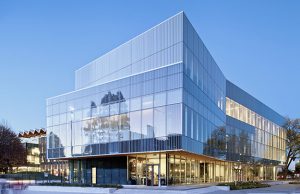
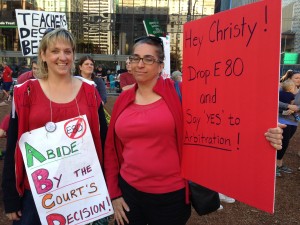
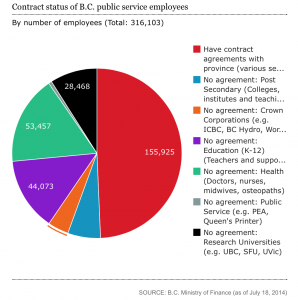
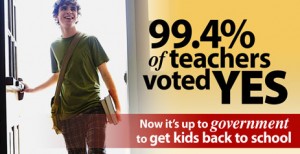
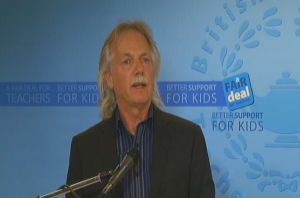
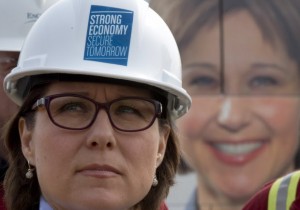
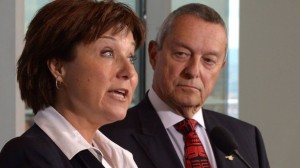
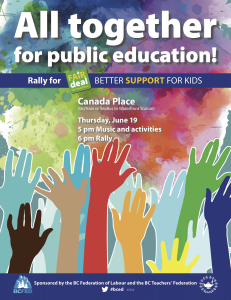
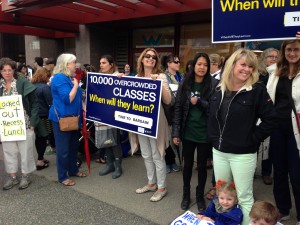
Sandra Mathison: Privatizing private schools should top list of funding changes
Published in The Province (Vancouver, BC)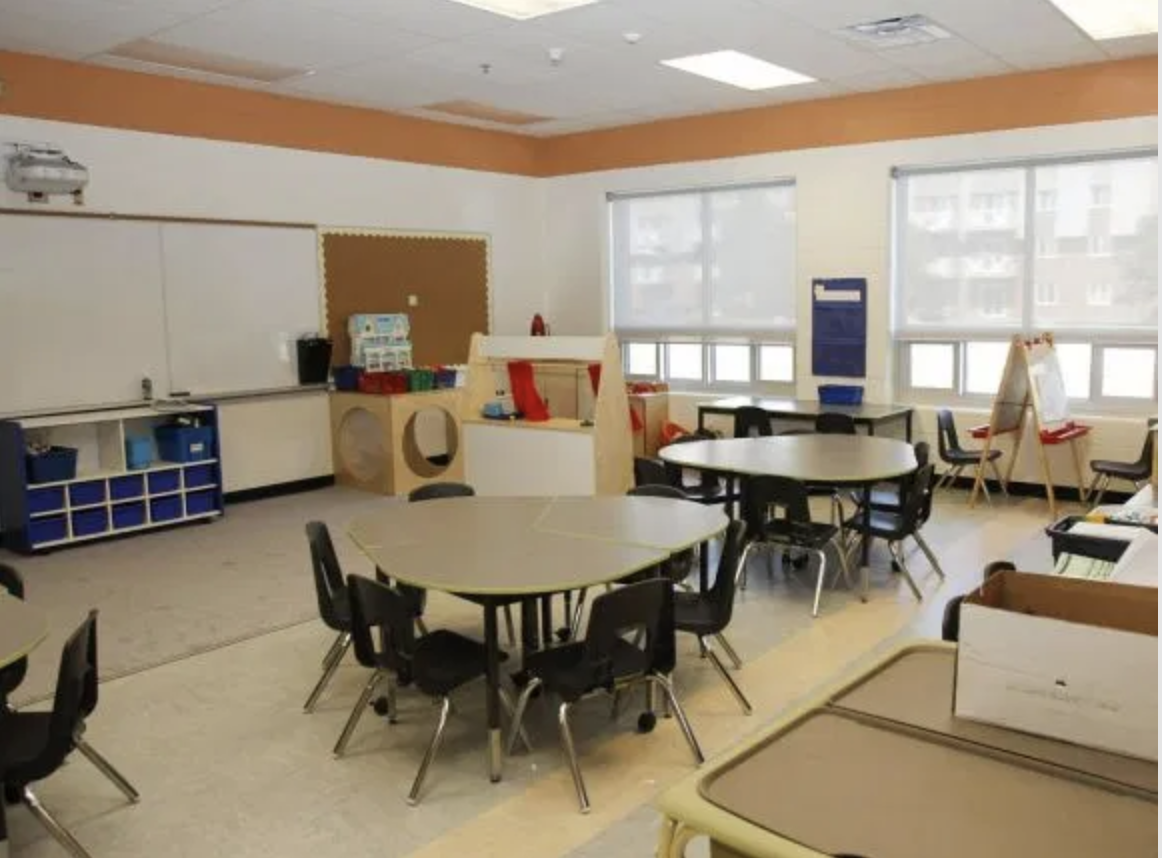
October 9, 2019
Since 2013, the province has subsidized private schools to the tune of $2.6 billion. The subsidies for 2018-19 alone were $426 million, and projections for this school year are $436 million. Julia McKay / The Whig-Standard
Privatizing private schools should top list of funding changes
By Sandra Mathison
Opinion: With a public system still reeling from more than 15 years of cuts by the previous government, there is no excuse for funnelling billions of dollars to private schools.
As the B.C. education ministry rethinks how to fully and adequately fund the province’s schools, at the top of their list should be privatizing private schools by discontinuing public subsidies to independent schools.
Since 2013, the province has subsidized private schools to the tune of $2.6 billion. The subsidies for 2018-19 alone were $426 million, and projections for this school year are $436 million.
These subsidies to private schools have increased at an astronomical rate: funding increases (adjusted for inflation) to private schools have increased by 122.8 per cent since 2000-01, compared to a 15.9-per-cent increase in funding to public schools during this same period.
According to recent surveys by the Institute for Public Education, CUPE B.C. and the B.C. Humanist Association, most British Columbians believe public funding of private schools needs to end. In a poll that Insights West conducted for us in May, four in five British Columbians (78 per cent) oppose providing taxpayer funds for elite private schools. Sixty-nine per cent of British Columbians oppose funding to faith-based schools.
Let private schools be private, and let them deserve the label “independent schools.”
Private schools cost taxpayers by direct taxpayer-supported subsidies, but also by exemptions from paying property taxes, numerous personal tax benefits for individuals, and collecting large sums of tax-deductible donations.
Private schools also cost B.C. in non-economic ways. Faith-based schools are allowed to ignore human-rights laws and discriminate against employees based on marital status or sexual orientation. Our poll shows that few British Columbians are aware that faith-based schools are exempted from the B.C. Human Rights Code, but once they were aware of this, 81 per cent of respondents did not believe they should be allowed this exemption.
Private school admission processes segregate students by class and/or beliefs, rejecting students who don’t “fit” their values. These schools are therefore isolating students from peers who are not like them. Many B.C. taxpayers’ children would not be admitted to these private schools — because they can’t afford them, do not have academic credentials, or they are not suitable given the school’s philosophy.
Private schools reject the idea that schools ought to be about equity, about providing an education for all students regardless of their individual attributes.
If the education ministry needs a plan, they could immediately end subsidies to elite “Group 2” schools, those spending more per student than public schools and charging significant tuition fees. These are schools such as St. George’s in Vancouver and Shawnigan Lake on Vancouver Island.
Then they could phase out subsidies to faith-based schools over a short period of time, say two to three years.
The ministry should review private schools that serve needs not currently well met by the public schools (possibly, Indigenous schools and programs for students with special needs) and work toward integrating those schools/programs into the public education system. They should ensure there is sufficient funding provided to public schools to meet those needs.
And at the same time, tax exemptions that diminish revenue that could support public education need to change.
With a public school system still reeling from more than 15 years of cuts by the previous government, and students with special needs bearing the brunt of the underfunding, there is no excuse for funnelling billions of dollars to private schools. That money should be allocated to the public school system where it can help every child achieve their fullest potential.
Sandra Mathison is the executive director of the Institute for Public Education B.C., a professor of education at the University of B.C., and co-director of the Institute for Critical Education.
Leave a comment
Posted in BC Education, Budgets & Funding, Children & Youth, Commentary, Government
Tagged BCEd, BCPoli, British Columbia, Government, government budgets, ICES, independent schools, IPEBC, private schools, Privatization, public school funding, public schools, UBC